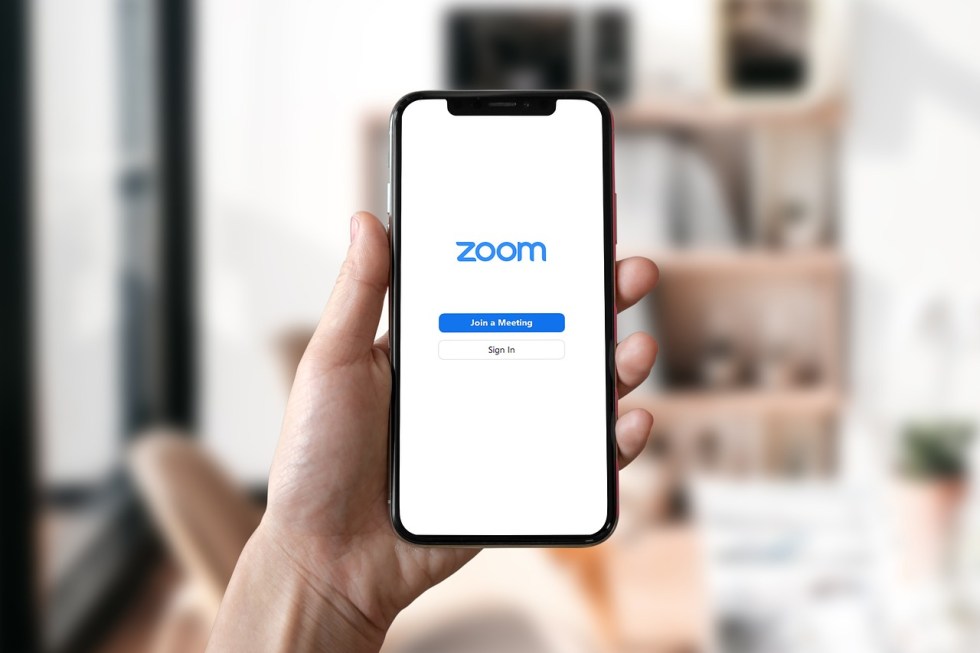Zoom has walked back on its updated Terms of Service (TOS) after it sparked social media outrage.
While the updated Terms of Service (TOS) came to public attention only recently, Zoom originally made the change back in March 2023. Amidst the rise of generative artificial intelligence (AI) giants and increasing competition in video conferencing, Zoom modified its TOS to let the company use customer data for training AI models, removing the option for users to opt-out.
As the market has been evolving, so has Zoom. Earlier in June, the company introduced two new generative AI features: a meeting summary tool and a tool for composing chat messages. These were rolled out on a free trial basis, but it’s important to note that by enabling these features, users were also consenting to the data collection policies outlined in the March TOS update.
What raised eyebrows and provoked public discourse was not just Zoom’s new AI offerings but also the specific amendments made to its TOS. The clauses that attracted particular scrutiny were 10.2 and 10.4, which gave Zoom broad authority to compile and use ‘Service Generated Data,’ including telemetry data, product usage data, and diagnostic data. Clause 10.4, as cited by Stack Diary, was especially criticized for its sweeping scope.
“You agree to grant and hereby grant Zoom a perpetual, worldwide, non-exclusive, royalty-free, sublicensable, and transferable license and all other rights required or necessary to redistribute, publish, import, access, use, store, transmit, review, disclose, preserve, extract, modify, reproduce, share, use, display, copy, distribute, translate, transcribe, create derivative works, and process Customer Content and to perform all acts with respect to the Customer Content, including AI and ML training and testing,” states the clause 10.4, as per Stack Diary.
Public Outcry Causes Backtracking
The latest policy change comes at a time when there has been a growing public discourse on the ethical boundaries of AI models being trained using people’s data. Coinciding with these larger conversations about data ethics, Zoom’s revised Terms of Service sparked outrage and drew widespread criticism on social media platforms, reflecting increased public scrutiny over the ethical use of data by centralized entities.
Voices from various industries, too, have joined the chorus of disapproval. “I‘m in disbelief at this update because of how far-sweeping it is, yet here we are,” said Andrew Côté on X (previously Twitter), a stellarator engineer and scout at VC firm a16z. “Does this strike anyone else as far-reaching, utterly insane, and totally unethical?”
In response to the public outcry, Zoom quickly issued a clarification, with the company’s chief product officer, Smita Hashim, explaining that the company “does not use” any of its users’ audio, video, chat, screen sharing, attachments, or other communications to train their or third-party AI models.
Building on Hashim’s remarks, Aparna Bawa, chief operating officer at Zoom, said that it is the customers who decide whether to enable generative AI features as well as whether to share their content with the company for product improvement purposes.
Bawa further noted that Zoom participants will receive an in-meeting notice or a Chat Compose pop-up whenever these features are enabled through the UI, and “they will definitely know their data may be used for product improvement purposes.”
Not the First Time
What’s more problematic is the fact that it isn’t the first time that Zoom has been involved on the wrong side of user privacy. Back in 2021, Zoom agreed to pay $85 million in a class action suit for sharing user data with unauthorized third parties such as LinkedIn, Google, and Facebook and misrepresenting the strength of its end-to-end encryption protocols.
The same year, the Federal Trade Commission (FTC) asked the company not to misrepresent its data collection practices as well as to “implement a comprehensive security program, review any software updates for security flaws prior to release, and ensure the updates will not hamper third-party security features.”
Given this history, there’s a clear public demand for platforms that prioritize user security, data protection, and privacy. This is where decentralized architecture shines bright. With the capability to protect user privacy and offer control over data, decentralized platforms like Huddle01 are stepping in to offer a more reliable, secure, and user-governed communication experience.
One technology that underpins these secure, decentralized platforms is blockchain. Blockchain-based solutions not only offer transparency but also a series of privacy benefits to end-users. The pseudonymous nature of blockchain-based networks allows people to communicate on a peer-to-peer basis without disclosing their identity to anyone.
In decentralized architectures, end-users communicate directly to one another without passing through any centralized intermediary. Communication here is routed through a network that does not rely on any single trusted authority and is rather distributed across many participants.
As opposed to centralized systems, where there is an asymmetry in information between the platform and its users, decentralized networks are more egalitarian. So, as user’s privacy and security become center stage, open solutions like Huddle01, which decentralizes the entire communication stack, can increase people’s ability to protect their privacy and data confidentiality.
Image by Biljana Jovanovic from Pixabay
